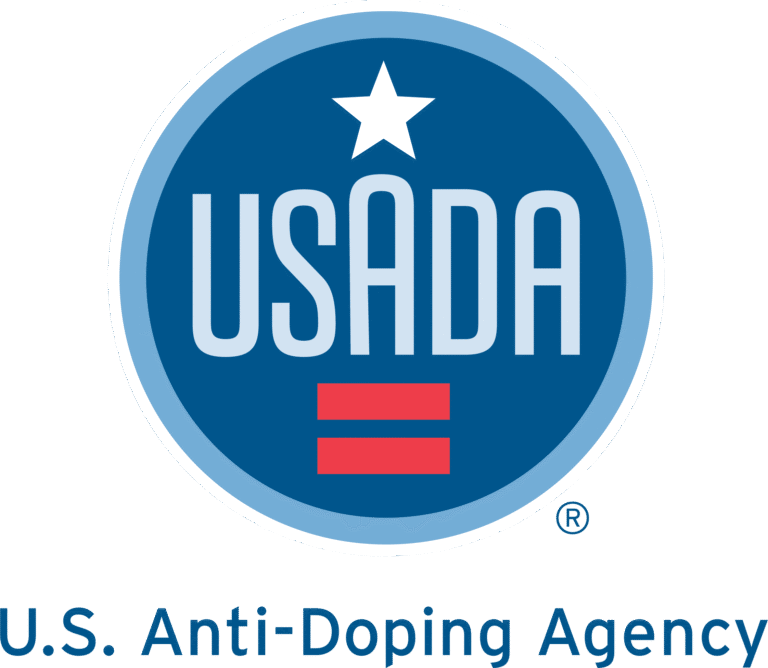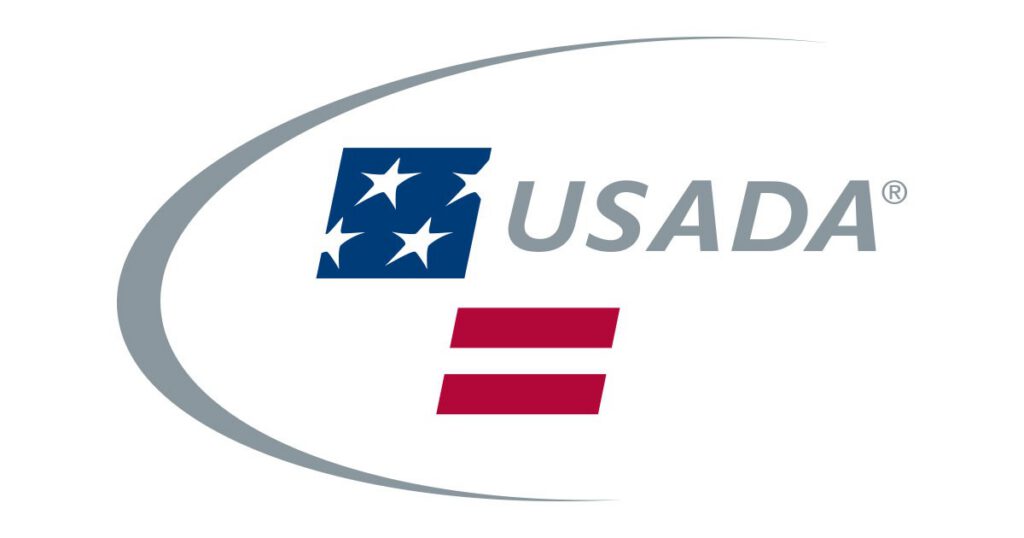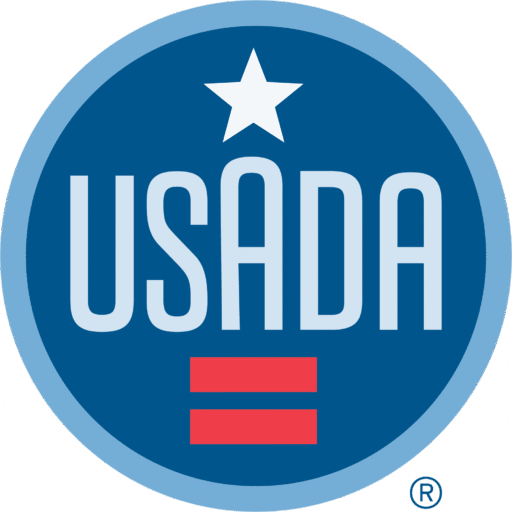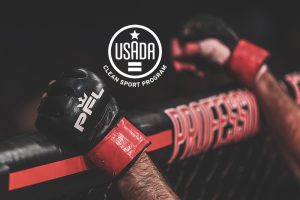The United States Anti-Doping Agency committed a total of $1.65 million in research grants in the fourth quarter of 2005 as part of its continued efforts to eradicate doping in sport and protect the health of athletes.
“We are very excited about the novel research projects that we have been able to fund. In addition to solving current problems, we are able to invest in research to significantly improve testing and testing strategies for the future,” said USADA Senior Managing Director Dr. Larry Bowers.
USADA has committed a total of $1.2 million to a three year project by Cornell University professor Tom Brenna designed to enhance the ability of the detect naturally occurring steroids using gas chromatography/ combustion/isotope ratio mass spectrometry (GC/C/IRMS). Although the technique has been successfully used by accredited anti-doping laboratories for several years, this work is to further advance the detection capabilities, develop certified reference materials, and organize round robin proficiency tests.
USADA funded a one-year $148,000 grant to Jeff Chang, M.D. of Methodist Hospital Research Institute, Houston, TX and Professors Larry Rice and Clarence Alfrey to study ways of detecting manipulation of the blood system. “Neocytolysis,” first discovered by Baylor College of Medicine professors Alfrey and Rice investigating changes in the red blood cell count encountered in space flight, could provide a new approach to detecting any of several prohibited methods for manipulating the blood system.
Professor Rob Baxter of the Kolling Institute of Medical Research, Sydney, Australia was awarded $91,000 for a one year investigation of a possible novel marker for detection of hGH abuse. The use of proteomic techniques after administration of hGH to volunteers identified a new substance that appears in the blood. The research to be done will verify that the new marker is specific for hGH abuse. If the initial work proves to be useful, a test for the additional marker will be added to the panel of markers currently being validated for detection of growth hormone abuse.
A one-year grant for $190,000 to begin to develop a test for growth hormone secretagogues (GHS) was awarded to Professors Jordi Segura and Ricardo Gutiérrez of IMIM in Barcelona, Spain. GHS provide an alternative method to increase the amount of growth hormone in the blood.
Other projects receiving funding were a one year award to Dr. Gunter Gmeiner of the ARC Seibersdorf Research GmBH of Seibersdorf, Austria to prepare a certified reference material for the banned substance letrozole; and a contract was approved for the National Metrology Institute of Australia to provide ISO certification for two new reference materials.
USADA is responsible for managing the testing and results management process for athletes in the U.S. Olympic and Paralympic Movement. USADA is equally dedicated to preserving the integrity of sport through research initiatives and educational programs. USADA allocates $2 million annually towards the study of prohibited substances, the development of tests, and other issues involved with the practice of doping in sport. Recommendations for funding of grant proposals are made by an independent Research Policy Advisory Committee.
For more information or media inquiries, click here.
